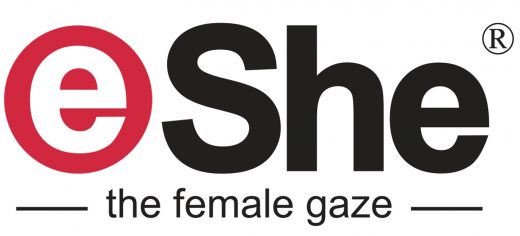Women entrepreneurs and workers have been disproportionately affected by the slowdown caused due to the Covid pandemic, says a new study by UN Women and the UN Global Compact Office. It also stressed that it has become essential to promote women in internet and technology programs so that they are equipped to receive support, mentoring and business opportunities online.
WeEmpowerAsia, a programme by the UN Women Regional Office for Asia and the Pacific, gathered perspectives on how the pandemic has affected businesses and women through interviews with private-sector CEOs and leaders in Asia-Pacific and Europe between March and May 2020.
Technology, banking, biomedical and pharmaceutical companies have been least affected, and in some cases have seen increased customer demand. The hardest-hit sectors are retail, garment and tourism. Female workers are disproportionately concentrated in those sectors, making them vulnerable to losing their jobs or having their working hours cut.
The most severe impact of the pandemic has been on SMEs (Small and Medium Enterprises), particularly women-owned enterprises. About 96 per cent of all businesses in the Asia-Pacific are SMEs, and many of them are suppliers
to multinationals that have been forced to slow or halt production.
“The COVID crisis has demonstrated once more how women and girls bear the brunt when our societies and economies come under pressure,” says Hilde Hardeman, head of service for Foreign Policy Instruments (FPI) European Commission.

In UN Women’s May 2020 survey of female entrepreneurs, 50 per cent reported that they were spending less time on their business activities because their caregiving responsibilities had increased. Several countries in the Asia-Pacific, especially India, already have declining female labour force participation rates.
Combined with a 15 percent pay gap between men and women in Asia, this makes it more likely that women will be the ones staying home while their higher earning male partners return to work. They are also pressured to stay at home due to domestic violence and increased force.
“During company calls, women talk about work but also about how things are going at home. It’s quite difficult for women during these times. There’s a lot of pressure on them and it can obviously affect their mental health,” says Vaishali Sinha, chief sustainability officer, ReNew Power, India.
In the survey by WeEmpowerAsia, almost all respondents said their employees had adjustment difficulties over health and finances, creating a work-life balance while working from home, and switching to remote working. Women thus have increased stresses and unpaid responsibilities during this period.
Several female interviewees stressed the importance of having mentoring and support networks for women. With the cancellation of offline events that normally offer networking and the chance to find solidarity among other women entrepreneurs and workers, it will be more important than ever to support innovative digital measures to ensure these opportunities are not lost.

WeEmpowerAsia is already hosting programs to help women entrepreneurs online. One of them is Industry Disruptor, an online incubation and mentorship program, being held in partnership with The Do School. The Industry Disruptor provides female entrepreneurs and enterprises benefiting girls and women in India the chance to tackle key sustainability challenges in the fashion industry.
The program will provide early-stage enterprises with online capacity building and networking, while offering offer later-stage entrepreneurs the opportunity to come together in an intense five-day bootcamp to discuss scaling strategies and start collaborating with industry partners. eShe editor and publisher Aekta Kapoor is one of the mentors in the program.
Despite the many negative impacts to businesses around the world, the Covid crisis has also created opportunities for businesses to pivot their services and explore new models.

For example, Dharma Life in India is leveraging its network of 15,000 female entrepreneurs to deliver government messages on Covid to people in rural areas where access to information is limited. Recognizing that women are under increased responsibilities for care and domestic work, ReNew Power in India is partnering with NGOs, consultants, local government and other corporates to distribute meals throughout their local community and explore funding and solutions for healthcare, infrastructure and financial support.
Seeing increased demand for female sanitation products, Indian company Haylide Chemicals hired women who were daily labourers and were left unemployed. They gave them increased daily wages, and offered a free snack and tea during working hours. “I’ve increased my workforce and I’m giving them better wages and better bonuses,” says Archana Bhatnagar, the company’s managing director.
The study also suggests that if women are paid for their care and efforts, global GDP will rise by USD 11 trillion.
Photos: Pixabay. The full study can be accessed here.
Syndicated to Money Control


0 comments on “Women-led SMEs Suffer Disproportionate Pandemic Losses, Finds UN Study”